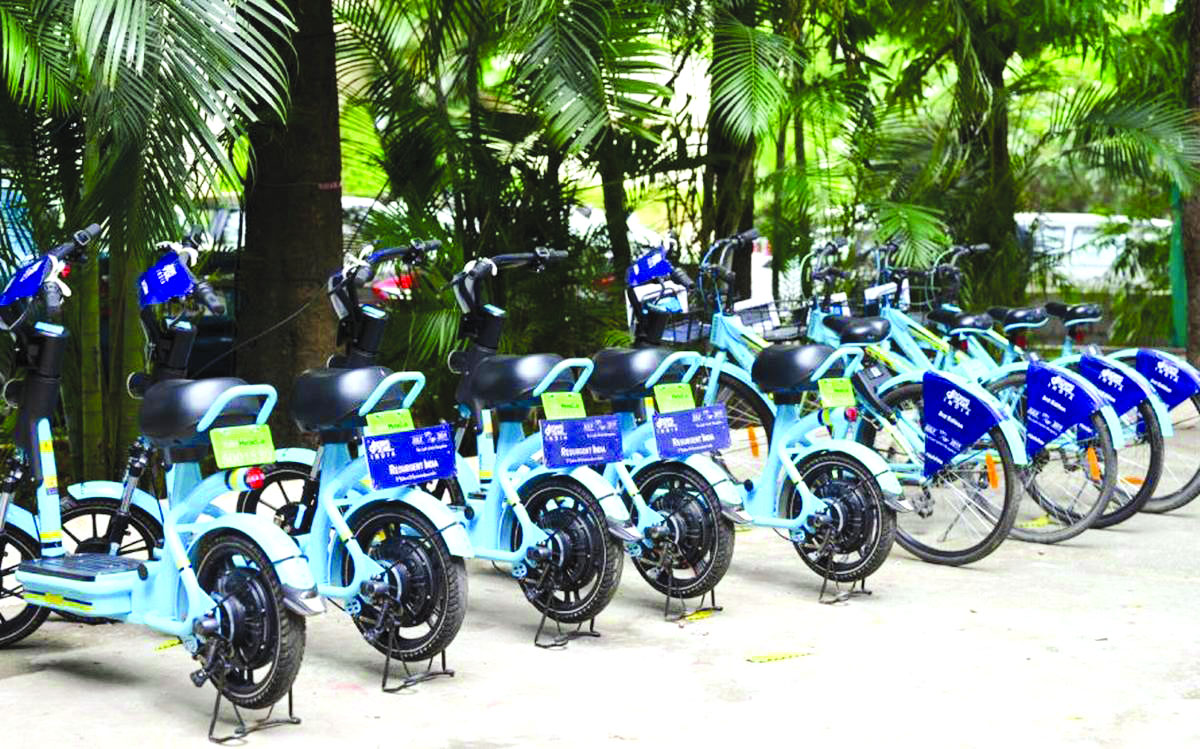Like cab aggregators, micro-mobility apps have mushroomed in a post-pandemic world
As the country limps back to normal from a post-COVID lockdown, there has been a major change in consumer behaviour with apps and e-commerce ruling the roost. Doorstep deliveries are the new normal, from essential items like food and groceries to electronics and lifestyle goods. But one could not have expected even the future of our mobility, namely bicycles, to land at out doorstep. Micro-mobility service providers like Yulu and Smart Bikes are shifting their existing battery-operated two-wheeler network from non-functional zones, such as metro stations, to residential complexes where people are using them to run errands or do the short commute rather than take the auto or cab. With public transport systems yet not fully functional and given the sense of insecurity among the people to use them in these testing times, e-vehicles have emerged as a reliable, safe, cheap and personal mode of travel, especially for those who feel vulnerable. Besides, there are health benefits; you can foster an active lifestyle. And you can ride towards a fossil fuel-free future, notching up green miles.
Cycling for everyday transport has not been a part of the Indian scheme of things unlike say, New York, which introduced 40 miles of new NMT lanes for cyclists in the wake of the pandemic or Italy, which got 22 new miles of cycling lanes. The transition towards a non-motorised form of transport has been long overdue in our country. A survey by the Institute for Transportation and Development Policy had estimated that the use of bicycles in major cities around the world would increase by 50-60 per cent. While the current plan is being run on a pilot basis in Delhi at a select few residential complexes, to achieve the long-term goal, we need to expand our infrastructure and develop more cycling tracks and sidewalks. To ensure that people, too, inculcate behavioural changes and make the shift to safer modes of transport, schemes such as car-free days and cycle-to-work programmes can be launched. What better time to start than now? The pandemic also has a big lesson for urban planning.
(Courtesy: The Pioneer)








 OpinionExpress.In
OpinionExpress.In















Comments (0)